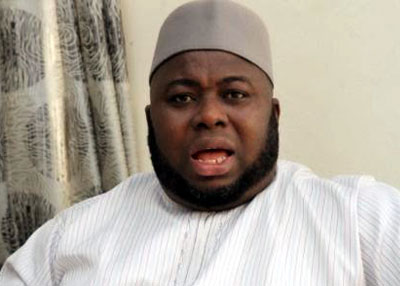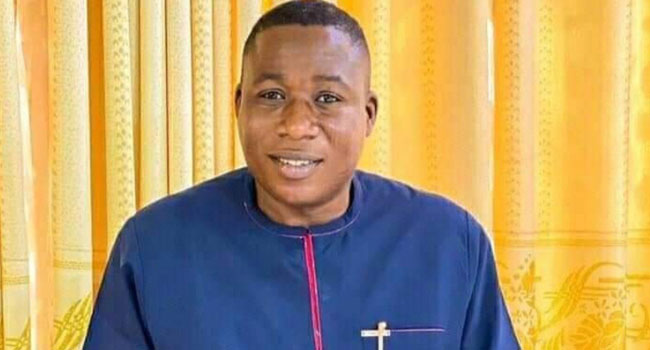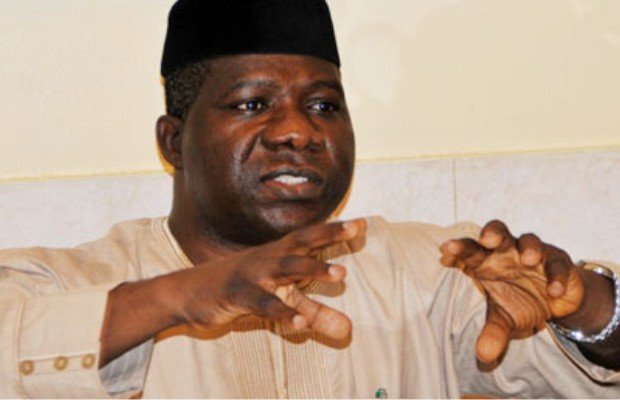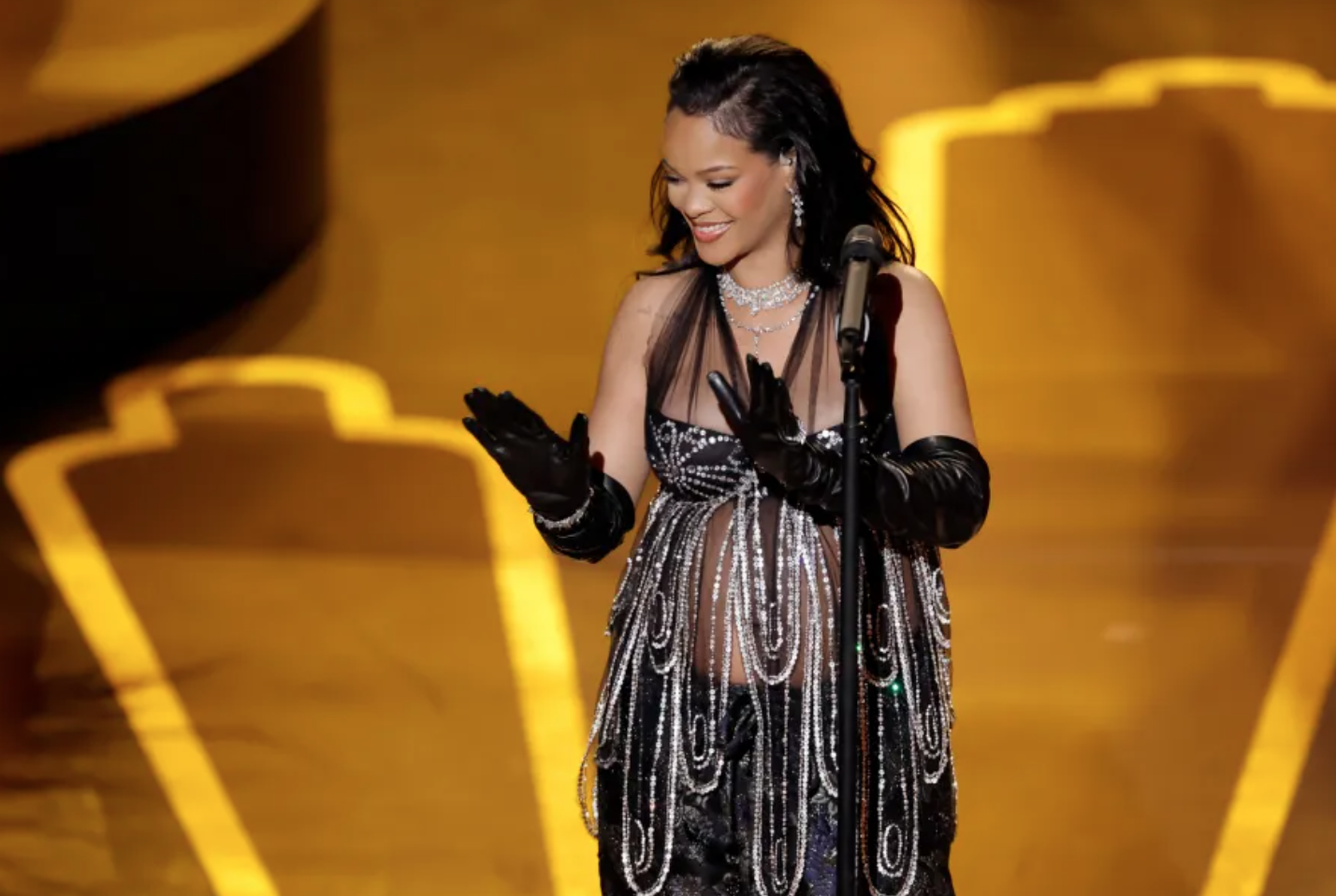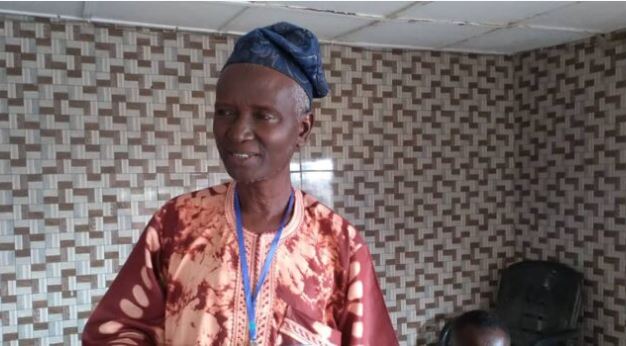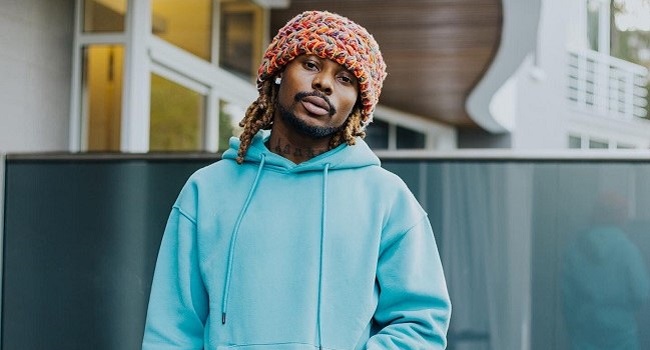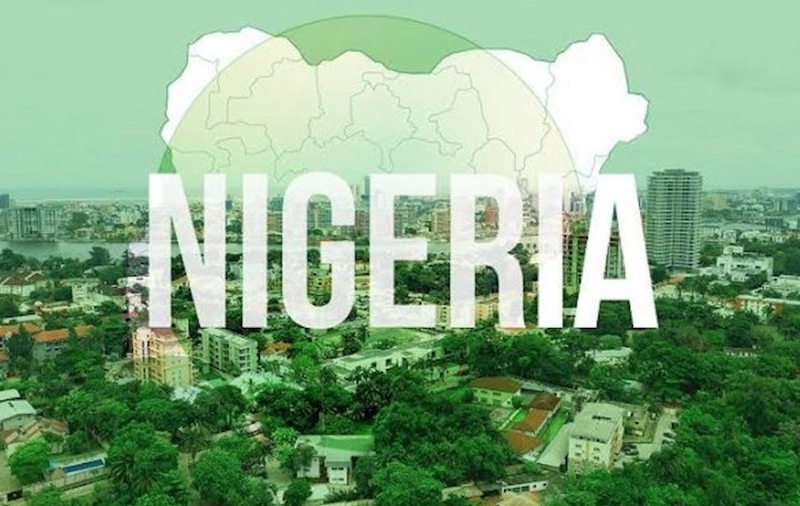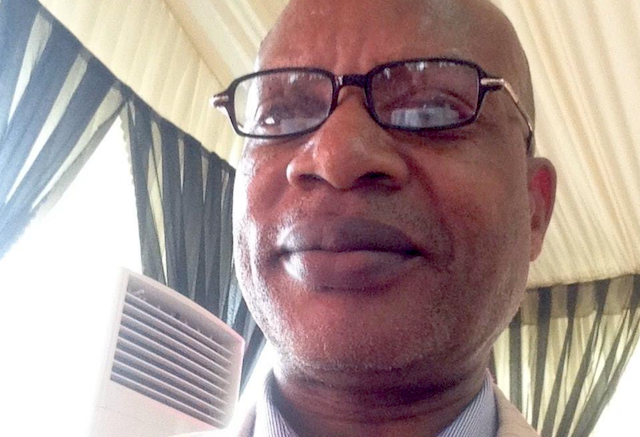By Alade Rotimi-John
Respecting the studious concern for the poor or marginalised people of Nigeria, the implacable impatience with shifting or unprincipled public morality, utter disdain for opportunistic politicians, the salutary requirement to reverse foisted economic mismanagement and eliminate cultural inadequacies, the mainstream Yoruba socio-political elite was unarguably foremost. It was an exemplar or model type for a distinctive character in the emergent Nigerian political tradition.
In the mish-mash that is the feature of the Nigerian polity, one is confronted with contrastive or differing cultures and ideologies which make the Yoruba political elite’s preoccupation appear like an unworthy adventure. But the proponents of this value trudged on as if the difficulties and the convenient misunderstanding of their ethos were not sufficient deterrence. They soon emerged as a distinctive brand or the barometer for adjudging the appropriateness or otherwise of governance practices. This brand creatively played the ideal role responsibility of an enlightened public.
Historically, the avant-garde practices of this elite formation are foreshadowed in the vigorous affairs and events of the pre-independence political struggle from colonial yoke. They drew heavily from the political agitation experiences and moral bearing of the Nigerian Youth Movement, Herbert Macaulay’s NNDP, the NCNC and the Action Group including a motley of fringe organisations competing for the moral soul of Nigeria. Thankfully, this recreation was not marred by bathos or by an arrogant sense of deja vu.
For this political elite, the unspoken task of politics is to evolve a set of descriptive and prescriptive terms for identifying the proper course of Nigeria’s political evolution. This was the track record particularly in the Lagos area and in many of its outlying parts resulting in the flowering of incisive socio-political culture of discourses and activities. A “national soul” was thought to have emerged.
This development was correctly perceived as a complex scheme of dialectical relationships and as a sum total of a man’s cultural activities. It was observed as a whole system of self-evolving series. Everybody thought it good or apt.
Having established such outlines of strictly political evolution, as we have attempted here, we then can ask whether today’s emerging political evolution is, in any way, similar to our historical past striving. We are apt to observe an intricate pattern of worrisome divergences rather than parallel lines.
The primus place of the Yoruba in the socio-political renaissance of Nigeria and of its projected purposeful destination have today been reversed by irredentism, crass materialism, illogic, a new-found penchant for ethnic baiting, and an epic craving for self-aggrandizement.
Since the return to democratic rule in 1999, Yorubaland has been witnessing a deftly choreographed diminishing status or reversal of its much-vaunted social welfare paradigm manifesting in a systems failure to deliver basic services that the people demand from their government. The failure to discharge on the promise of democracy has turned out to be the greatest challenge to the legitimacy of our political system.
A new set of Turks have emerged for who the old order was anathema. Once in power the new sheriffs proved utterly feckless; lacking in purpose and skill but buoyed by a relentless propaganda or publicity blitzkrieg. The reality of economic inequality, of social exclusion, even though nuanced, and of persistent poverty have conduced to monumental social dysfunction and a general situation of insecurity.
The general failure to deal effectively with privation, hunger, insecurity, corruption, and a critically-ill economy has tended to undermine the legitimacy of government. The manipulation of the people’s will at the polls has led to protests by way of courtroom litigation and street demonstrations. There is today a general sense of illegitimacy regarding governments and the absence of sufficient regulatory oversight or safeguard for taming the wild has compounded the tragedy and painted the picture in bold relief.
A nationwide public protest called to express dissatisfaction respecting the parlous economic and political situation of the country has received from the government a frenzied response sounding like an ominous restriction of the fundamental right to protest or of congregation or free movement. Fearing that the protest organisers would not budge despite the hurdles put on their way, certain cultural or esoteric entities were encouraged to announce their performance of propitiation rites to coincide with the protest dates. In Lagos, the Oro cult was called in aid of the official position that the scheduled protest was not necessary.Oro cult worshippers curiously announced that the period of the protest was not available to the protesters. They threatened unsavoury consequences for any disobedience of their decree.
Yorubaland which used to be the locus or ferment of progressive political ideas has grimly fallen into the hands of bigots or narrow-minded, self-conceited moguls. They are morbidly intolerant too. The lines between truth and lies are becoming more and more blurred. A shadowy group has alleged that some non-indigenous residents of Yorubaland have perfected a plan to take-over the Yoruba space. The group threatened the non-indigenous population with eviction if they do not retreat to their native homelands.
Government could not summon the verve to identify these anti-social elements for arraignment in court. Instead, government published a tepid denunciation of the threat as if it issued it in the first place. There is an observable general failure of governance. Who will save Yorubaland and, by extension, Nigeria from the clutches of freaks and monstrosities?
To the traducers of our common heritage, we cite a portion of the letter of Joseph Priestley (1733-1804) to the inhabitants of Birmingham:
“You have destroyed the most truly valuable and useful apparatus of philosophical instruments that perhaps any individual, in this or any other country, was ever possessed of … You have destroyed the Library corresponding to that apparatus … But what I feel far more, you have destroyed manuscripts which have been the result of laborious study of many years, and which (we may) never be able to recompense.”
We close by quoting the immortal admonition of Chief Obafemi Awolowo respecting our present dreadful state of affairs: “Everywhere there is hunger, depression and discontent … There is frightful danger ahead, visible for those who care and are patriotic enough to look beyond their narrow self-interests.”
Rotimi-John, a lawyer and commentator on public affairs is Deputy Secretary General of Afenifere. lawgravitas@gmail.com


